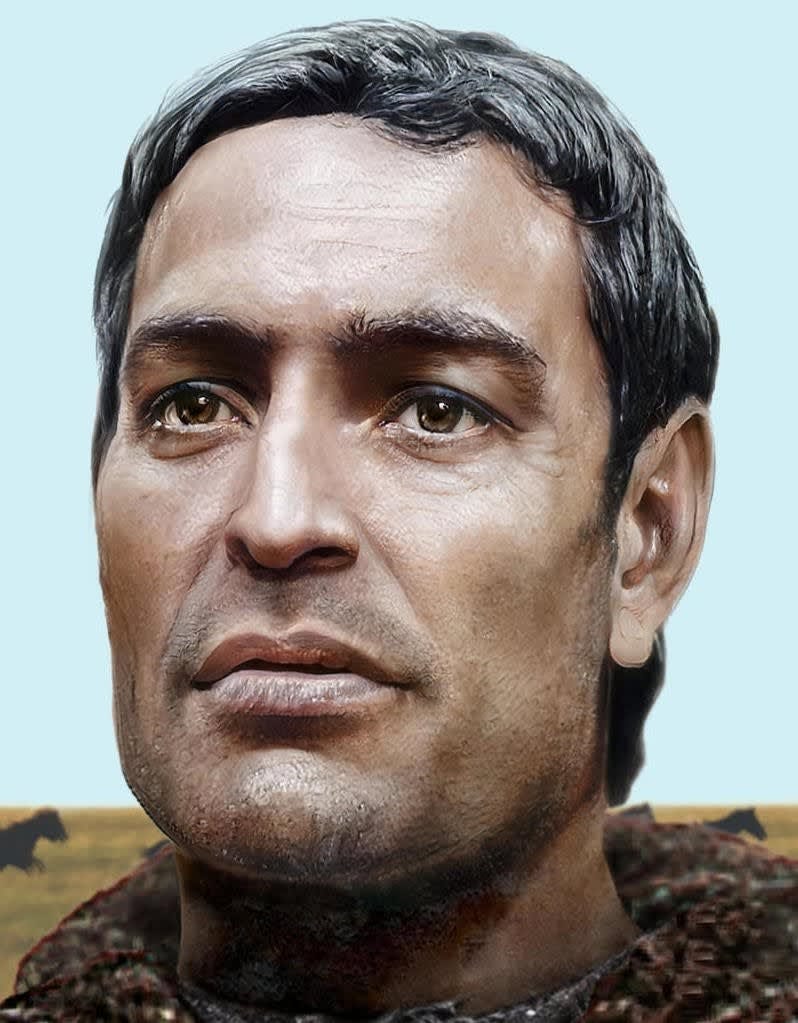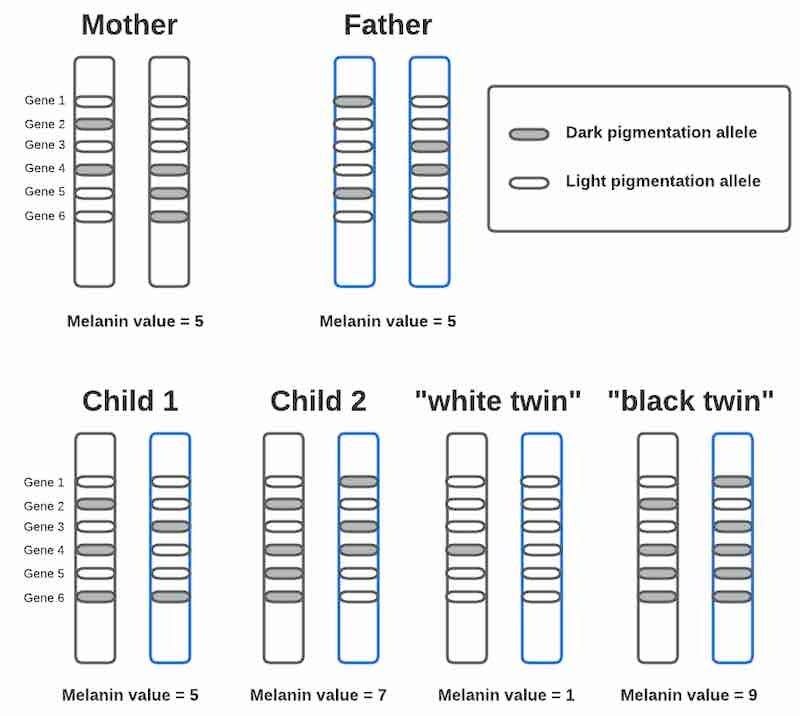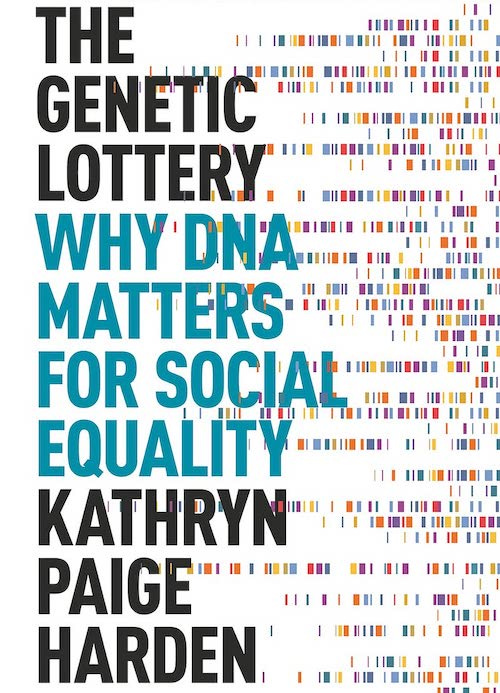RKUL: a little light reading, August 2021
a sampler of recent paid posts (with follow-up notes)
Thanks for subscribing to Razib Khan’s Unsupervised Learning. August brought paid subscribers three major pieces. Here’s a sampler of them for those of you who are not paid subscribers. If you are, you will find some follow-up notes throughout.
Steppe 2.0: would you swipe right on a steppe brother? (part 4 in the continuing “steppe series,” following on Steppe 1.0, Going Nomad, Steppe 1.1a: A nowhere man's world, and Steppe 1.1b: culture vultures descend, with Entering Steppelandia: pop. 7.7 billion as a prologue)
Here is my perhaps ominous conclusion:
To the early European farmers to the west or the villagers in the Indus Valley far to the southeast, the Yamnaya and their descendants must have seemed like barbarous monsters. They arrived as packs of young men, gluttons for meat, living precariously out of wagons and ephemerally in yurts, while worshipping violent and arrogant sky-gods. But the Yamnaya also had to adapt their society to the new conditions of existence they’d unleashed, developing new folkways and inculcating traditions and customs in their youth that would stand the test of time. They continued to adapt and change to survive and push forward, beyond the horizon as their forefathers had. They had to become a new cultural superorganism, fit to inherit the future.
Under the skin: The genetics and natural history of human pigmentation
Instead of just applying genetics to history, this post emphasizes the functional variation and evolutionary history of a particular characteristic, skin color, and how it may play out into the future:
And yet despite its social significance, an air of evolutionary mystery still clouds the origins of variation in skin color in humans. The scientific literature on why humans became dark-skinned is far thinner than the dozens of methods to predict blue eye color. This situation is partially a function of the forensic utility of predicting eye color, but it is also due to the fact that the origins of dark and light skin color in human populations are poorly understood. Current theories cannot explain the origins of much of the variation we see, though current genomic methods can tell us that natural selection was extremely strong around genes associated with pigmentation.
Should we get "woke" on genetics and behavior?
A much longer review of The Genetic Lottery, which I already wrote about for UnHerd. Here’s the conclusion:
We also know that biology is not everything, but The Genetic Lottery reminds us that biology is a factor we ignore at our own peril when we craft social policy. On the grounds of equality, one might argue that gender segregation in sports is unjust. But the standard retort would be based on the reality that men and women differ substantially on average when it comes to their physical characteristics. In 2021, we now have the technology to plumb the depths of our human nature. The results may not always be to our liking, but the facts preceded us, and ultimately they are unchangeable. The quest for justice always has to be conceived of as the art of the possible, and genetic differences have always been part of those possibilities.
Hungarians as the ghost of the Magyar confederacy
This is a free post, but I wanted to resurface it since it is written in the long-form discursive style more common in my paid posts:
But despite the extinction of their genes, the Magyars live on in posterity. Árpád and Stephen I are immortal in the memory of a whole nation whose sons still commonly bear the name Attila. Genetically, the Magyars are but a ghost, but culturally they remain with us, vibrant and vigorous, the most numerous and assertive of the Uralic people. We all know that historical memory and ethnic identity can be protean, but the Magyars of today illustrate this starkly. The descendants of Slavic peasants, German knights and Walloon artisans have repopulated the land they call Magyarország, and cherish the memory of Magyar hillfolk who transformed themselves into nomadic warriors and terrorized Europe for a century before it was their turn to defend what had become their civilization against the Mongols and Turks. Sometimes language, myth and legend live on long after flesh and blood have been washed away.
There is now a new preprint that puts Hungarians in their proper historical context (though the work is mostly about ancient Serb/proto-Serb populations).
Podcasts
On the Unsupervised Learning podcast, my guests and I have dipped into a huge variety of topics over the last few months:
And here are the currently ungated podcasts all in one place.
Jared Rubin is the author of Rulers, Religion, and Riches: Why the West Got Rich and the Middle East Did Not, a title that is clearly calculated to get attention. But in my discussion with him, you note how serious scholarship can be applied to topics that may seem sensationalist. If you were a skeptic of Max Weber, I would suggest you listen to this podcast, because Rubin makes one of the best cases for why ideas matter for material outcomes.
If Rubin is focused on the big picture of the past, Myra MacDonald shines the light on a very specific area of the present, the Indian subcontinent. The author of Defeat is an Orphan: How Pakistan Lost the Great South Asian War, and a journalist with 30 years of experience in India, MacDonald offers her perspective on the latest geopolitical shifts in the region, and what it portends for our future.
The month’s other two podcasts dealt with different ways to study human variation using genomic data. Ruben Arslan is by training a psychologist, but uses genomic methods to answer evolutionary questions. In our podcast we begin by talking about his test of an evolutionary psychological hypothesis proposed by Geoffrey Miller in The Mating Mind, and discuss the application of genomics to understanding variation in psychometric traits. Maximilian Larena, in contrast, uses genomics to answer questions relating to the “deep history” of our species. In my conversation with Max we discuss his recent finding that the indigenous people of the Philippines may have had the greatest proportion of Denisovan ancestry of any human group, and a major revision to Peter Bellwood’s “first farmer” hypothesis for the peopling of Southeast Asia due to the latest genetics work.
You Make Me Want To Read
In Steppe 2.0, Ashwin references Cannibals and Kings: Origins of Culture, an excellent book:
Excellent as always. On pastoralism and patrilineality, this reminds me of a discussion in Marvin Harris' 'Cannibals and Kings' which argues that pastoralists were patrilineal because although they engaged in "external warfare", their home followed right along with them.
To quote: "Pastoralists usually go to war in order to lead their stock to better pasture, so “home” follows right along behind them. Hence the expansionist warfare of pre-state pastoral peoples is characterized not by seasonal long-distance raiding from a home base, as is the case among many agricultural matrilineal societies, but by the migration of whole communities—men, women, children, and livestock."
The quintessential example of a non-pastoral matrilineal society are the Nayars, a militaristic matrilineal caste from my home state of Kerala. Although, as Harris also discusses, of course matrilineal doesn't really mean that men have less power etc
There's a lot more in the book on the differences between external and internal warfare and its relationship with patrilineality etc.
In Should we get "woke" on genetics and behavior?, FdB responds:
1. There's a lot of this, in terms of public response to these arguments, that I know about from personal experience.
2. There's a big piece from a very prominent mainstream publication coming out about this book next Monday which is going to force all this out into the public debate (and onto Twitter) and I suspect that Paige will get cancelled again. Which is a shame but I know she was expecting as such.
A Facebook Page for Razib Khan’s Unsupervised Learning
Recently a European subscriber asked me where she could find the type of people who are interested in the content she reads here, in real life. There are many places where you can find people, but I decided to create a Facebook Page for the Substack to make things convenient for readers. I just set this up, but this is probably the best way to eventually find “like-minded” folks both online and in person.
Over to you
As always, I welcome paid-subscriber comments and your reading recommendations and suggestions. They never disappoint.







Razib, any way you can do a sort of “Back to Basics” type post or podcast in the future? Where you go into concepts such as population “structure” or linkage disequilibrium?